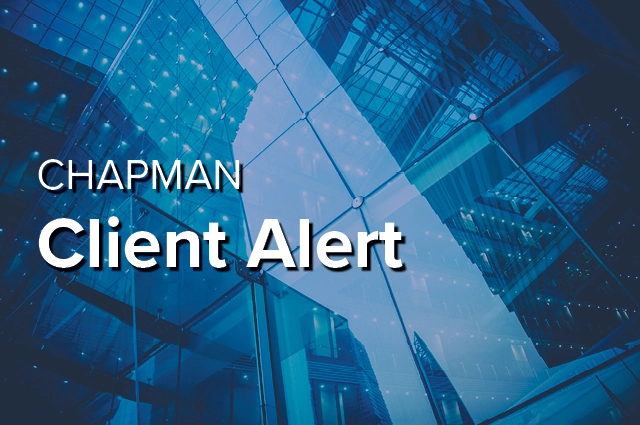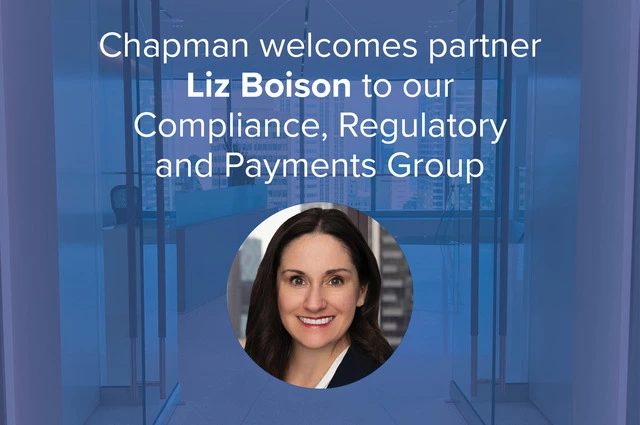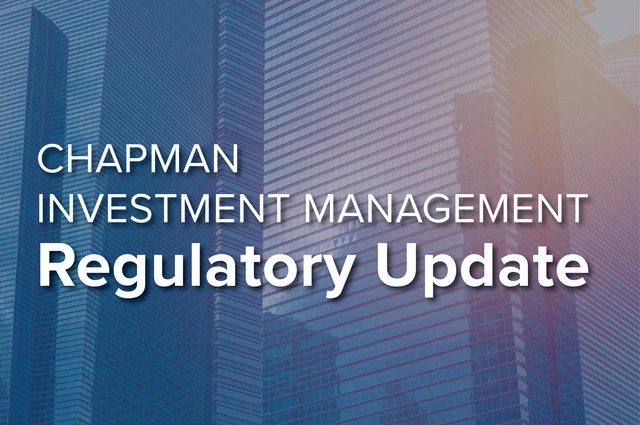- Topic: U.S. Treasury
24 matches.
As reported in our recent series of Client Alerts, the Corporate Transparency Act (“CTA”) and the U.S. Department of the Treasury’s (the “Treasury Department”) Financial Crimes Enforcement Network’s (“FinCEN”) related beneficial ownership information (“BOI”) reporting rules have been the subject of a multitude of lawsuits, injunctions and announcements.
On February 17, 2025, in light of the Supreme Court’s grant of a stay in the Texas Top Cop Shop case, the District Court stayed the nationwide preliminary injunction of the CTA issued in Smith v. U.S. Department of Treasury. As a result, the BOI reporting rules are now once again enforceable and in effect.
On January 23, 2025, the Supreme Court granted a stay of the District Court’s nationwide injunction pending any further appeals. However, a different judge in the same District Court recently issued an order in a separate case (Smith v. U.S. Department of Treasury) which enjoined FinCEN from enforcing the CTA against the plaintiffs in the case and, notably, stayed the effective date of the BOI reporting rules.
As reported in our recent series of Client Alerts, on December 3, 2024, the U.S. District Court for the Eastern District of Texas (the “District Court”) issued a nationwide preliminary injunction that temporarily blocked enforcement of the Corporate Transparency Act (“CTA”) and the U.S. Department of the Treasury's Financial Crimes Enforcement Network’s (“FinCEN”) related beneficial ownership information (“BOI”) reporting rules. On December 23, 2024, the Fifth Circuit Court of Appeals (the “Court of Appeals”) granted the government’s motion to stay the District Court’s preliminary injunction pending its appeal of that injunction order. As a result of the Court of Appeal’s ruling, FinCEN extended the reporting deadline to January 13, 2025.
As previously noted in our Client Alert, on December 3, 2024, the U.S. District Court for the Eastern District of Texas (the “District Court”) issued a nationwide preliminary injunction that temporarily blocked enforcement of the Corporate Transparency Act (“CTA”) and the U.S. Department of the Treasury's Financial Crimes Enforcement Network (“FinCEN”) related beneficial ownership information (“BOI”) reporting rules, and as noted in our most recent Client Alert, the government filed an emergency motion with the Fifth Circuit Court of Appeals (the “Court of Appeals”) to stay the District Court’s preliminary injunction pending its appeal of that injunction order.
As discussed in our previous Client Alerts on December 9 and December 13, on December 3, 2024, the U.S. District Court for the Eastern District of Texas (the “District Court”) issued a nationwide preliminary injunction that temporarily blocks enforcement of the Corporate Transparency Act (“CTA”) and the U.S. Department of the Treasury's Financial Crimes Enforcement Network (“FinCEN”) related beneficial ownership information (“BOI”) reporting rules.
On December 3, 2024, the U.S. District Court for the Eastern District of Texas issued a nationwide preliminary injunction that temporarily blocks enforcement of the Corporate Transparency Act (“CTA”) and the U.S. Department of the Treasury's Financial Crimes Enforcement Network (“FinCEN”) related beneficial ownership information (“BOI”) reporting rules. On December 12, 2024, the government filed a motion to stay the preliminary injunction pending its appeal.
On December 3, 2024, the U.S. District Court for the Eastern District of Texas issued a nationwide preliminary injunction that temporarily blocks enforcement of the Corporate Transparency Act (“CTA”) and the U.S. Department of the Treasury's Financial Crimes Enforcement Network (“FinCEN”) related beneficial ownership information (“BOI”) reporting rules.
The Corporate Transparency Act (CTA) went into effect January 1, 2024. Under the CTA, all newly created entities are now required to file a report with the U.S. Department of the Treasury’s Financial Crimes Enforcement Network (FinCEN) within 90 days of formation, unless an entity qualifies under one of 23 exemptions. That means, unless an exemption applies, any newly formed LLC, limited partnership, corporation, statutory trust, or other organization that is created by filing with a secretary of state has an additional federal filing requirement. All existing entities formed prior to January 1, 2024, that do not qualify for an exemption have until the end of 2024 to file a Report.
- July/August 2021Futures & Derivatives Law Report
In 2017, the Financial Conduct Authority, the U.K. authority that oversees the London interbank offered rate, announced that LIBOR may be phased out after the end of 2021. The announcement applied to all currency and term variants of LIBOR, including U.S. dollar denominated LIBOR.
In 2017, the UK authority that oversees the London interbank offered rate, announced that LIBOR may be phased out after the end of 2021. The announcement applied to all currency and term variants of LIBOR, including US dollar denominated LIBOR.
This client alert will address questions about loan forgiveness under the Paycheck Protection Program for both borrowers and lenders as known at the current time, but we note that legislative efforts currently underway may change the terms of these loan forgiveness provisions.
Treasury Department guidance issued on April 22 summarizes three requirements for the use of payments from the Coronavirus Relief Fund. On May 4, FAQs were issued that “supplements” the guidance by answering a long series of questions about Eligible Expenditures and a shorter list of questions about the Administration of Fund Payments.
- April 1, 2020 (Updating a March 31, 2020 Client Alert)
This client alert has been updated from our March 31, 2020 client alert to reflect guidance from the U.S. Treasury Department and the Small Business Administration.
The cornerstone of the CARES Act’s relief package for small businesses is the Paycheck Protection Program, under which the Small Business Administration will guarantee up to $349 billion in small business loans.
The United States Treasury Department has withdrawn proposed regulations dealing with the definition of “political subdivisions” for purposes of the tax-exempt bond provisions of the federal tax law. Political subdivisions are divisions of state or local governmental units that can issue federally tax-exempt bonds.
On June 12, the Department of Treasury issued the first report in a series regarding regulation of the financial system. The report recommends that high-grade municipal bonds be categorized as Level 2B liquid assets instead of generally being excluded as HQLA currently.
On July 18, the U.S. Treasury and the Internal Revenue Service published final arbitrage regulations that contain revisions to the tax-exempt bond regulations relating to, among other things, working capital financings.
On April 4, the U.S. Treasury Secretary announced that the government would release regulations to curb inversions and reduce the ability of companies to avoid taxes through “earnings stripping;” those regulations were published in the Federal Register on April 8th.
On May 10, 2016 the U.S. Department of the Treasury published a white paper entitled “Opportunities and Challenges in Online Marketplace Lending.” The White Paper follows the “Request for Information” which the Department published in July 2015 to solicit public input on various topics concerning marketplace lending.
- Bloomberg BNA's Health Law Reporter
On Oct. 27, 2015, the United States Treasury Department and the Internal Revenue Service published long-awaited final regulations that provide welcome guidance to 501(c)(3) health care organizations that are borrowers of qualified 501(c)(3) bonds.
- Legal, Operations, and Strategy Briefs for Financial Institutions
In this edition:
- Telephone Consumer Protection Act Declaratory Ruling
- CFPB First Monthly Complaint Report
- Treasury Department Inquires about Marketplace Lending
On May 20th, the IRS released draft updates to the U.S. Model Income Tax Convention.
- Client Alert
The U.S. Treasury recently released a report from the Treasury Inspector General for Tax Administration that states that the Internal Revenue Service more than doubled the number of bond examinations conducted per year from the number of examinations it conducted during previous reporting periods.









